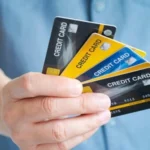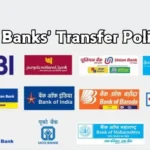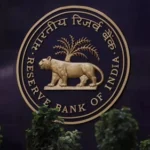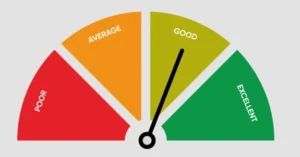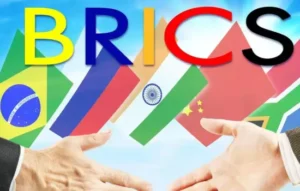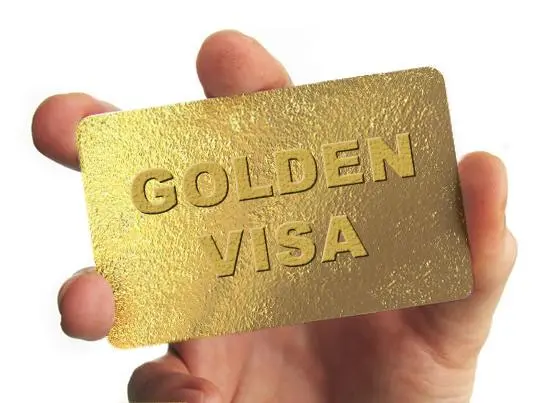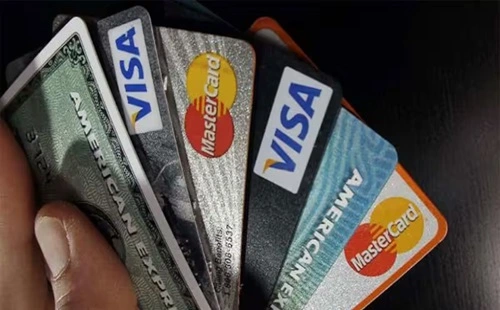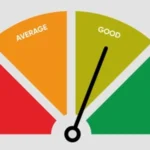A credit card is a small plastic card that allows you to buy things now and pay for them later. When you use a credit card, you are borrowing money from the bank or credit card company, and you will have to pay it back. If you pay the full amount on time, there are no extra charges. However, if you delay payment or only pay part of it, you might have to pay interest, which can make your purchases more expensive.
Credit cards are very popular because they offer convenience and flexibility. But like anything else, they have both advantages and disadvantages. Let’s learn more about credit cards and how they work.
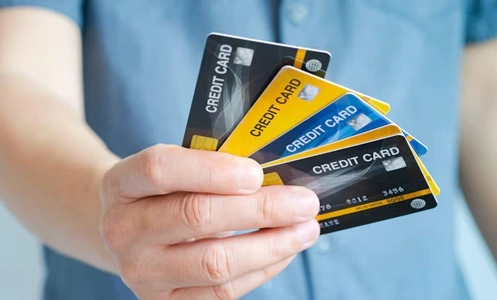
Advantages of Credit Cards
Credit cards offer many benefits that make them a popular payment method. Let’s take a look at some key advantages:
1. Buy Now, Pay Later
With a credit card, you can make a purchase even if you do not have enough money in your bank account at the moment. You can buy what you need now and pay for it when you have money. This is very helpful during emergencies or when you want to buy something expensive and pay for it over time.
2. Build Your Credit Score
Using a credit card responsibly can help you build a good credit score. A credit score is important when you want to apply for loans, such as for buying a car or a house. If you pay your credit card bill on time and do not spend more than your credit limit, your credit score will improve. A good credit score helps you get loans with lower interest rates.
3. Rewards and Cashback
Many credit cards offer rewards like points, miles, or cashback on your purchases. You can earn points for every rupee you spend and use them to buy things, book flights, or get discounts. Some cards give you cashback, which means you get a small percentage of your spending back in the form of money.
4. Protection for Purchases
Credit cards offer strong protection for your purchases, especially when shopping online. If you buy something and it is damaged, lost, or does not arrive, you can ask your credit card company to help you get your money back. This is called purchase protection and is a major benefit when using credit cards.
5. Emergency Fund
Credit cards can act as an emergency fund. If you face an unexpected expense like a medical bill, home repair, or travel cost, you can use your credit card to cover the cost and pay it off later. It is a quick way to handle emergencies without needing cash immediately.
6. Convenient for Traveling
Credit cards are widely accepted around the world, making them perfect for traveling. Whether you are booking a flight, paying for a hotel, or buying things abroad, a credit card makes it easy. You also don’t have to worry about carrying a lot of cash when traveling.
7. Grace Period
Most credit cards offer a grace period, which means you have some extra time (usually around 20 to 50 days) to pay your bill before interest is charged. If you pay your full balance before the due date, you won’t have to pay any interest at all. This makes credit cards a useful tool if used wisely.
Disadvantages of Credit Cards
While credit cards have many advantages, they also come with some disadvantages. Let’s discuss them:
1. High Interest Rates
If you do not pay your credit card bill in full by the due date, you will have to pay interest on the remaining balance. Credit card interest rates can be very high, which can make your debt grow quickly. This is why it’s important to pay your bill on time.
2. Risk of Debt
Since credit cards allow you to borrow money, there is always a risk of falling into debt. If you keep spending more than you can afford and do not pay your bill in full, the debt can add up. Over time, this can make it harder to manage your finances and lead to financial stress.
3. Overspending Temptation
With the convenience of credit cards, it can be easy to overspend. Since you are not using your own money immediately, you might buy things that you do not really need or cannot afford. This can lead to bigger bills and more debt.
4. Fees and Penalties
Credit cards often come with various fees, such as annual fees, late payment fees, and foreign transaction fees. If you miss your payment due date or spend over your credit limit, you may be charged extra. These fees can add up, making credit cards expensive to maintain if you are not careful.
5. Can Hurt Your Credit Score
While a credit card can help you build a good credit score, it can also hurt your score if you don’t use it properly. Late payments, high balances, and maxing out your credit limit can lower your credit score. A low credit score makes it difficult to get loans or other forms of credit in the future.
6. Risk of Fraud
Credit card fraud is when someone steals your card details and uses it to make purchases without your permission. While most credit card companies offer protection against fraud, dealing with the issue can be stressful. It can take time to get your money back, and in the meantime, you might face other problems.
7. Interest on Cash Withdrawals
If you use your credit card to withdraw cash from an ATM, interest starts building immediately. Unlike purchases, which have a grace period, cash withdrawals come with high interest from the day you take the money out. This can be very costly if not paid back quickly
Comparison Table: Advantages vs. Disadvantages
| Feature | Credit Card | Debit Card |
|---|---|---|
| Spending Limit | Based on credit limit (borrowed money) | Based on the balance in your account |
| Interest Charges | Yes, if not paid in full | No interest charges |
| Debt Risk | High if not managed well | No debt risk |
| Fraud Protection | Strong protection | Limited protection |
| Credit Score | Can help build a credit score | Does not build a credit score |
| Fees and Charges | Annual fees, late fees, interest | Lower fees, no interest |
| Spending Control | Can lead to overspending | Better control over spending |
| Rewards | Cashback, points, discounts | No rewards |
Final Thoughts
Credit cards offer a lot of benefits, especially for people who can manage their finances well. They provide convenience, rewards, and emergency backup. However, they also come with risks like debt, high-interest charges, and the temptation to overspend.
If you use a credit card responsibly, paying your bills on time and not overspending, it can be a helpful financial tool. But if you find it difficult to control your spending, a credit card might lead to financial problems. Always remember, a credit card is not free money; it’s borrowed money that you need to repay.
Be wise with your credit card usage, and it can help you enjoy its advantages without falling into debt.

